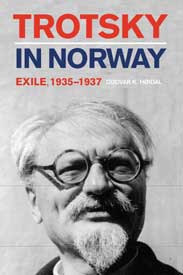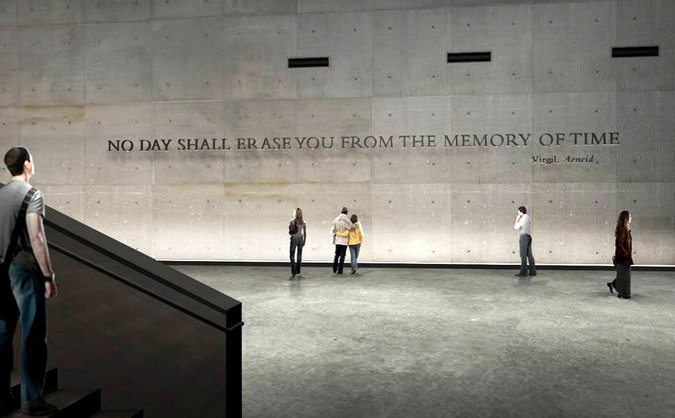
Somebody — Pablo Neruda? — observed that the late Garcia Marquez was the most influential Spanish writer since Cervantes. Startling, but probably true.
Magical realism was such a great idea that it promptly got overdone. It’s potentially a rather serious matter to have encouraged the likes of Salman Rushdie, and our man will probably face some questioning on the subject at the Pearly Gates. But a guy is not responsible for his imitators, and St Peter will certainly clear him of all charges.
I have no idea whom G M admired among English writers, but it’s easy to imagine him striking up a very good friendship, on the further shore, with Lawrence Sterne.
His death evoked comments from at least three Presidents. Those of Colombia and Mexico were not especially original, but struck a suitable note. Here, however, is Unspeakable Bill Clinton:
“I was saddened to learn of the passing of Gabriel Garcia Marquez. From the time I read ‘One Hundred Years of Solitude’ more than 40 years ago, I was always amazed by his unique gifts of imagination, clarity of thought, and emotional honesty. He captured the pain and joy of our common humanity in settings both real and magical. I was honored to be his friend and to know his great heart and brilliant mind for more than 20 years. My thoughts are with Mercedes and his family, and with his friends and admirers in Colombia and around the world.”
Exactly one hundred words, five of them being first person singular pronouns.
But of course our responses to books always are personal, if they’re real at all. Clinton’s observations are couched in such dull, banal terms that it’s difficult to believe he has any real love for stories and storytellers, or has given much thought to how one is different from another; but perhaps the stump-speech manner has just taken him over.
Perhaps there was a greener day for him, when a book could stir something more in his mind than a little rustling dust-devil of dry phrases, whirled up for a moment like leaves in Vallombrosa. Perhaps he remembered the day he read that wonderful opening(*). Was he really in love with Hillary then? She, with him? Did they still believe, in those days, that the world held better things in store for them than bombing Serbia, and carrying water for Israel, and electrocuting retarded people?
But return, Alpheus: the dread voice is past.
It was Comrade Paine, actually, who suggested 100 Years to me, and I read it on an overnight train, from Chicago to New York. Macondo will always be strangely mixed up, for me, with the little towns of the Hudson Valley, in the gray of dawn, after the kind of sleepless night that leaves you hearing bits of imaginary song in your ears.
————–
(*) “Many years later, as he faced the firing squad, Colonel Aureliano Buendía was to remember that distant afternoon when his father took him to discover ice. At that time Macondo was a village of 20 adobe houses built on the bank of a river of clear water that ran along a bed of polished stones, which were white and enormous, like prehistoric eggs. The world was so recent that many things lacked names, and in order to indicate them it was necessary to point.”






